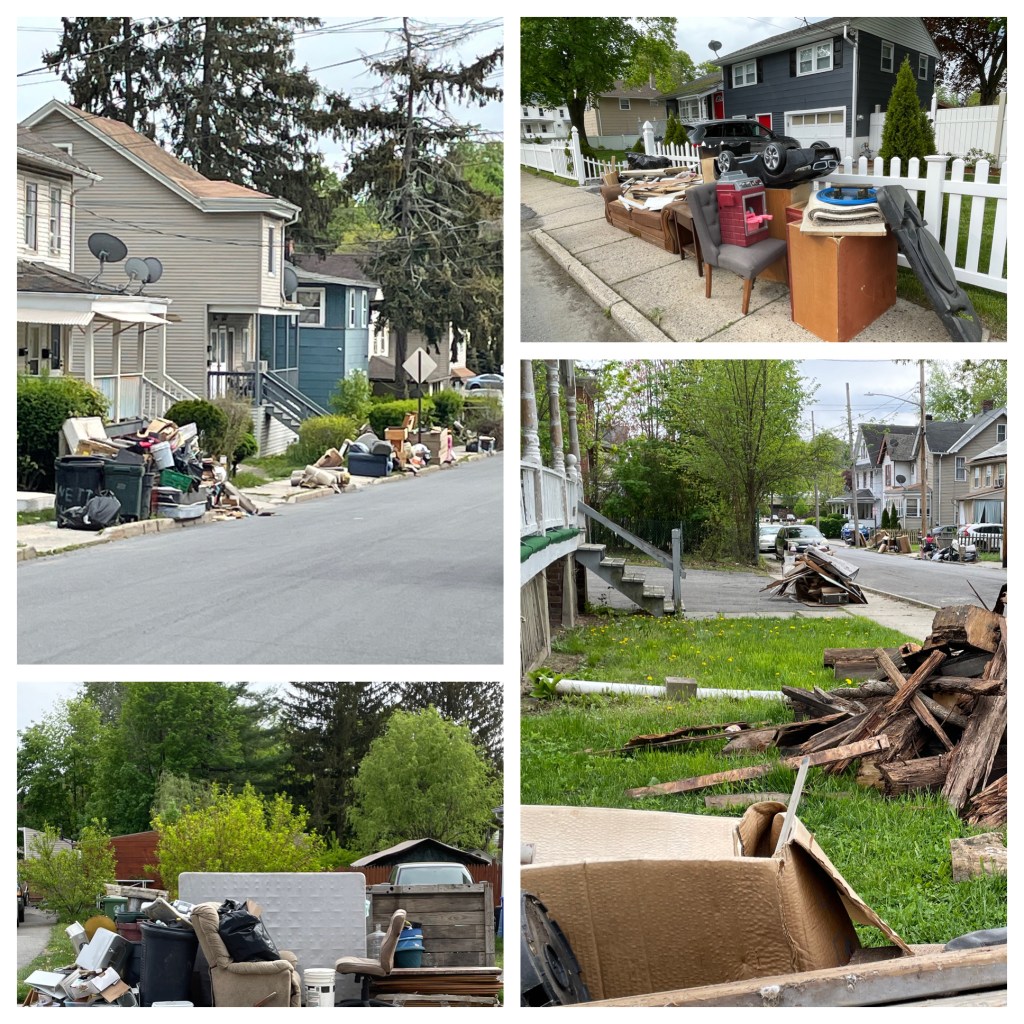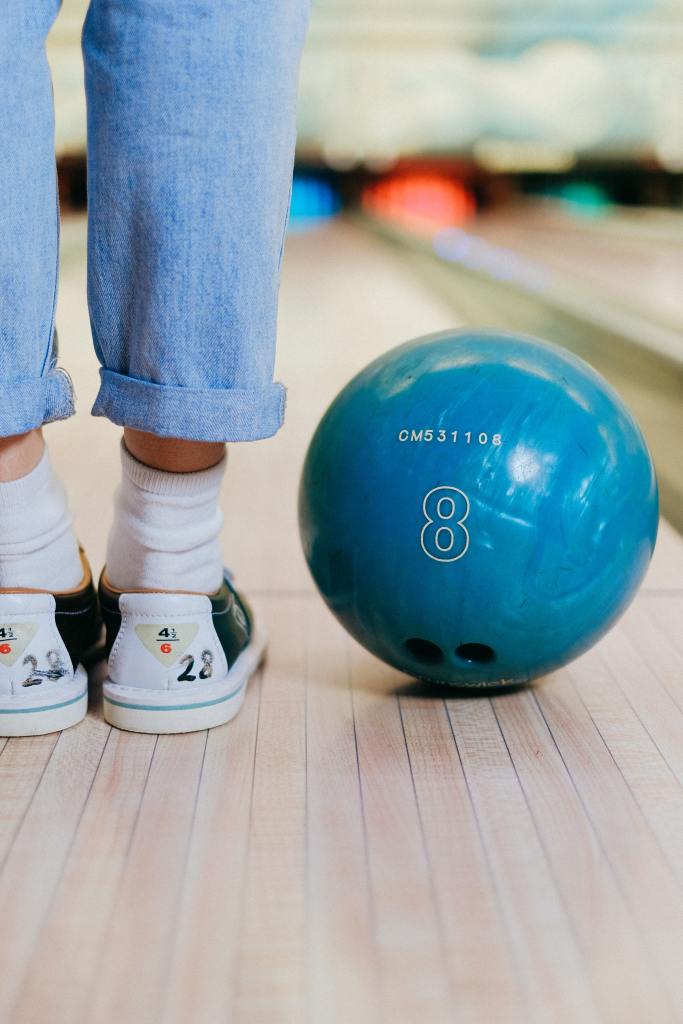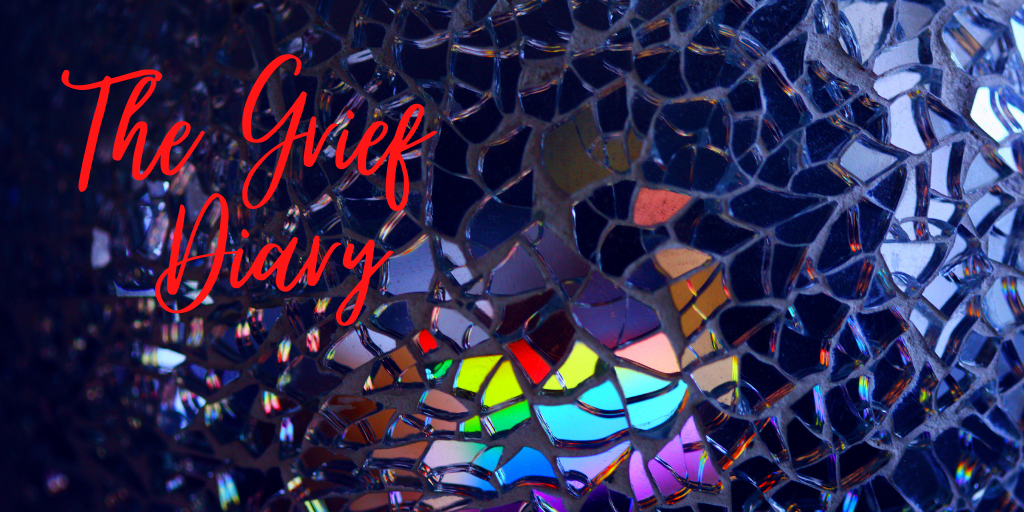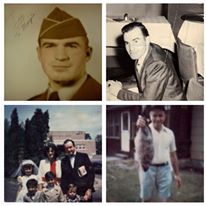
It’s Clean Up Week in my town, a period of more than seven days when residents are permitted to put any unwanted, discarded, broken-down items out on the curb for pickup by the Department of Public Works.
What happens next is anybody’s guess.
As you may imagine this is very popular with my neighbors, who begin piling up their junk days before the trucks arrive, making me dodge dilapidated furniture, unsightly mattresses, demolished children’s toys, and whatever else they see fit to dispose of as I power walk through the neighborhood. Some people, like me, have a tidy little pile in front of the house. Others stack mountains of useless items in front of theirs. I wonder, how long have they been holding on to this crap?

Humans are, by nature, pack rats, hoarders, holding on to things long after their usefulness and beyond their attraction. You never know when you might need that empty ricotta cheese carton. That Chinese food container would make a good cookie tray, if I were ever to bake cookies and bring them somewhere. That new wireless keyboard I bought is terrific, but I better hold on to the old one, just in case. Everyone’s house is full of objects we can’t bring ourselves to throw out because one day we might need them, and what a shame if we have to go out and buy them again.
Never is this more apparent then when you’re tasked with the job to clean out, once and for all, someone’s home after they have passed away. I have done this three times.
Treasure, Trash, Trophies?
The first time I was involved with cleaning out a deceased family member’s home was in 2002. I was just on the periphery, brought in to help out at the tail end of things and after all the “good stuff” had been claimed by others. No bother. I picked up a metal colander and a pretty green bowl I use to this day, and a yellow ceramic flower pot I gave to my daughter. A few other tchotchkes we couldn’t bear to part with take up space on shelves in the garage. At these times we may tend to go for more functional items but often are moved to latch on to the sentimental, those things that bring on memories of the person we’ve lost, which explains the variety of decades old music boxes we continue to cling to although we haven’t started one up in ages.

This particular clean out occurred at my husband’s Aunt Rosie’s house. Aside from the colander, bowl, flower pot, music boxes, and the tchotchkes I acquired I took away from that experience an eye opening lesson I think about to this day, almost 20 years later. You see, Aunt Rose had been a champion bowler for most of her life. She was a legend in town, so much so that when I met people and mentioned my last name they immediately asked if I was related to her. In her attic were hundreds, hundreds, of bowling trophies she’d won over the decades, all sizes, some just a few inches tall, others three or four feet in height and heavy. They gathered dust under the beams of her roof, had languished there for years, forgotten perhaps, but now they needed to be moved because a new buyer was coming in.
The last thing we wanted to do was trash them. After all, they represented a lifetime of hard work, dedication, grit, and determination. A huge accomplishment for a woman of her time, unmarried, childless, working full-time at a good government job. The trash heap would not do. So I made some calls to see if perhaps they could be recycled, melted down, reused, awarded to new champions. No one was interested. The bowling alley where she’d played most of her games didn’t want them. The trophy shop in town said no thanks. We had no place to keep them. And so they ended up out at the curb with the rest of the junk no one could use. Making dozens of trips, we carried them down from the attic and stacked them amid discarded household items, garbage, the last remaining remnants of a home, a life. I felt a bit despondent as I realized that what one might prize most in life can actually mean nothing to others and is easily discarded. She herself had relegated them to the attic, unseen and perhaps unthought of for years. We kept a few for old time’s sake but the rest were taken away with Monday’s trash pick up. Treasure became trash.
Mom’s Home Sweet Home
Years later, in 2018, I was tasked with cleaning out my mother’s home after she passed away. Like with Aunt Rose’s house, a buyer was at the door, this time literally as he actually took part in the clean out! We needed money to pay for her care, and as she was no longer living at home it seemed best to sell her mobile home. We had a buyer just days after we listed it. Unfortunately, Mom passed before the closing. As my brothers and I were all in town for the services we decided to move up the closing and prep the home for immediate takeover, that weekend. My brother Vic called some friends and 15 of us descended upon her home of 20-odd years and had it move-in ready in SIX hours. And there was a LOT of stuff in that home. The cupboards and closets were full. Each person took a room and sorted trash from treasure, making three piles: stuff to keep, stuff to throw out, stuff to donate. Throughout the day people claimed various items and marked them with their names or moved them to their cars. We made several trips to the Salvation Army. The new owner took some of the larger pieces of furniture we couldn’t move.

Mom loved her home. It was in a peaceful little trailer park on the cusp of Cape Cod, her own little slice of heaven where she lived worry-free as it was very affordable for a couple living on Social Security and a pension. In the end, though, a home is just an asset, the greatest asset when circumstances change and paid caregivers are required. And the remainder of its contents became useless once they’d been picked over by family and friends wanting just a little piece of Mom to keep her memory alive: a sugar bowl, a plaque on the wall, a bible, any old thing. And there was tons of it.
As the hours wore on we worked tirelessly, sorting the piles. The one in the rented dumpster grew taller and wider as we moved through her possessions. All the cars were packed door to door. We finished while there was still daylight left. I was the last to leave, locking the door behind me. I brought home more dishes, kitchenware and tchotchkes than I’ll never need or use that now clutter my garage, a clean out job for some other day.
Cleaning Out Vic’s Dream House

Lastly, I inherited the job of cleaning out my brother Vic’s house last fall. Like the others, it too had a buyer at the door. He had just bought it months before and hadn’t fully moved in at the time of his unexpected, inexplicable death. We found boxes of stuff stacked all over the basement, a lifetime of memorabilia, items picked up along the way, some I assume forgotten, some useless. Every box had to be sifted through, every item catalogued and considered: is it trash or treasure? It took weeks, long hours, and sore muscles. It was devastating.
I had not yet had a chance to visit him in his new home (thanks to COVID) and had only seen pictures. It was his dream house. For years he’d wanted to quit his job and move out of the city to the mountains where he could live in peace amid nature, no neighbors. Each time I went there I searched for his presence but it wasn’t there. I had no memories of him in this house.
As I sorted through his things I felt like I was betraying him. “I’m sorry,” I whispered many times through tears as I discarded something or sold something else at a fraction of its cost to whoever was willing to buy it. It was one of the worst tasks I’ve ever faced. Among his possessions were many items he treasured, loved, adored, but in the end they were of little value to anyone else. It sickens me to think of those who walked away with a little piece of Vic for just a few dollars, while at the same time I’m grateful they did so because we had to get rid of all this stuff. We had a deadline, and as the days ticked off and fewer of them remained I was getting nervous, worried that the day of the closing would arrive and the house would still be full of clutter. Thanks to the help of a very committed real estate agent we met our deadline. The sale went through as planned. And I hold on to some treasures I claimed during the cleanout.
It’s Just Stuff
Months later my brother Kenn and I talked about those frenetic, frantic days, marveling at how we got it all done, just four of us and a real estate agent. He too claimed truckloads of belongings in a desperate attempt to hang on to part of our brother. He now realizes, as he can’t get around his basement, that in the end it’s all just “stuff.” Vic is just as gone as he was when we learned of his death, when we buried his ashes, no matter what items we hold onto. In fact, that’s what Vic always said: “It’s just stuff.” He had a practical approach to possessions, even those he treasured most. They’re here to serve us for as long as we want, and when we are no longer here to use them or they become unwanted they’re just “stuff” to move along, trash or treasure, to give or sell to someone else, known or unknown, anyone who has a need, a want, a use.
Spring Cleaning
Minimalism is the new “thing” these days. After being shut up in the house for the past 14 months due to the pandemic it’s time for a deep spring cleaning. Out with the old. Then of course there’s always new clutter to buy to replace the old clutter. In with the new. Reflecting on these experiences I vow to not leave a mess for my daughter to clean out when I’m gone. I’ve begun paring things down. I’m having a yard sale or two this summer to dispense with as much as I can. The rest will go to the Salvation Army. Some of these items will have come from Aunt Rosie’s house, my mom’s, or Vic’s. It’s a cycle. And it’s just stuff.
An Invitation
Please take this journey with me. We can communicate with one another in the comments, perhaps find healing together. Subscribe to this blog to receive email notifications of new posts. Thank you.











